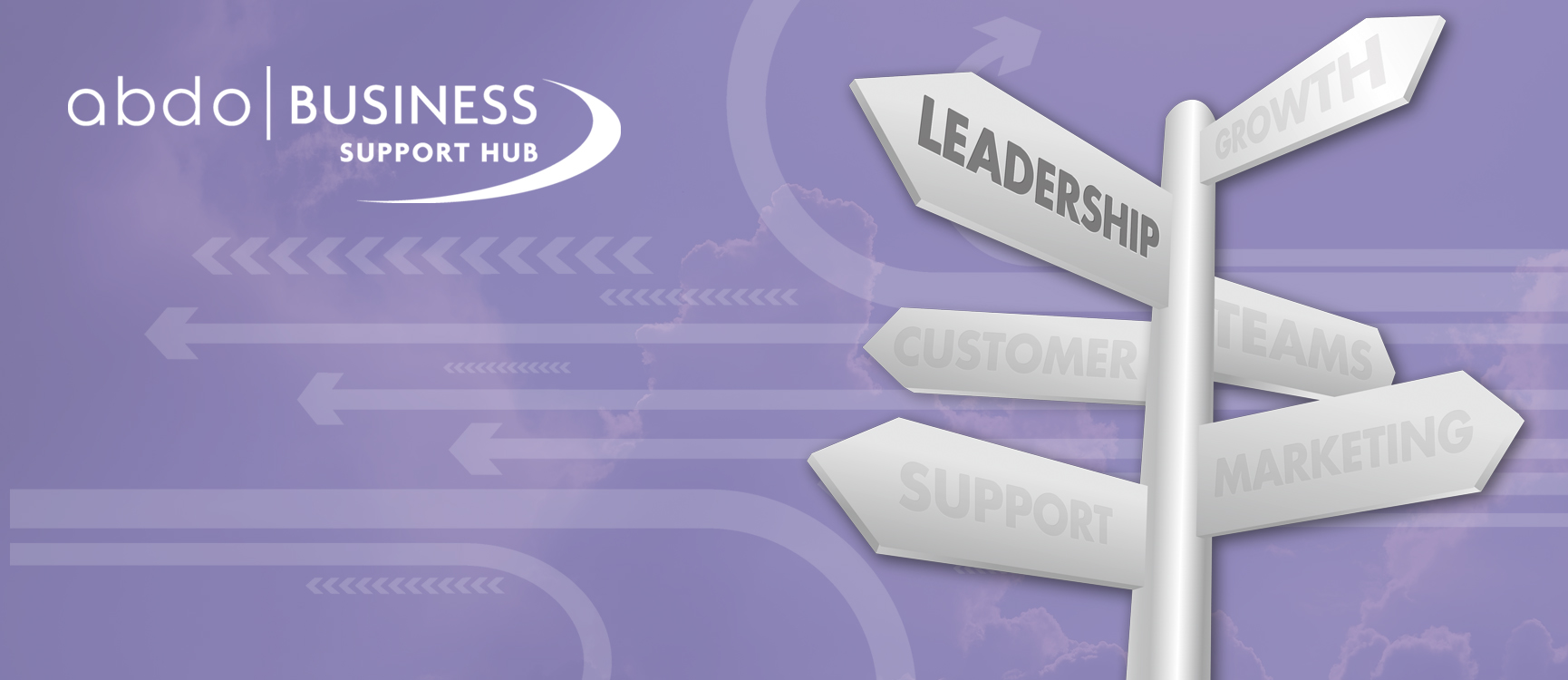
The Purpose and Practice of Mentoring
When entering a mentoring relationship there is often a temptation to dive right in and “just get on with it”. In our experience this can mean that mentoring conversations can drift, failing to focus on the real issues and relationships can then stall. Following a structured approach is more likely to give the relationship a real purpose and ensure a successful outcome. Formalising and scheduling mentoring conversations can sound mundane, but without this methodical approach the demands of hectic work schedules may mean that the process just doesn’t happen.
Suggesting a mentoring process is not to say that it is the only way to do it, but rather is a preferred option. There is a generic four stage process that can be applied to most mentoring relationships. Like all processes, it requires each stage to be properly completed for the whole process to work successfully. Missing out stages or concentrating on one at the expense of the others can lead to confusion and poor results.
Stage 1 – Analysis
Mentoring can only start when learners develop a need and desire to improve their performance or change the way they have been doing things at work. The mentor needs to help the learner develop this awareness because you can’t mentor someone unless they want to change
One of the ways in which learners develop awareness is through questions that analyse their current performance and compares it to the level they want to move towards. Using self-assessment exercises as a basis for future conversations is a powerful technique. We have SWOT and G-STAR tools inbuilt into our mentoring platform to help with this process.
Stage 2 – Plan
Mentors shouldn’t attempt to impose learning on a mentee, the mentee needs to be actively involved in the process. It is therefore useful as a second stage to develop a Personal Development Plan (PDP).
This plan should cover the following questions:
- What is to be achieved?
- How it will be done?
- Where will it be done?
- When will it start and end?
- How will it be measured?
- Who will be involved?
To be most effective a PDP should focus on only one or two specific development goals, and these should be SMART (Specific, Measurable, Achievable, Relevant and Timebound). Within our mentoring platform we have an inbuilt SMART Goal Tool to assist in this stage of the mentoring process.
Stage 3 – Progression
At this stage the role of the mentor is to support the mentee in their journey to achieving their goals. The mentor will need to provide a safe space for exploration, discovery, and true learning to take place as the mentee faces their professional and personal challenges. This is the longest stage and where the most meetings and activity will take place.
As part of this stage, it is good to conduct periodic reviews and to identify any milestones that have been completed to ensure progress is being made.
Stage 4 – Evaluation
This stage involves reviewing whether the goals have been achieved, whether any changes were made to the original goals and PDP, what benefits have been achieved as part of the process, what has the mentee (or indeed the mentor) learnt that would lead them to do things differently in future? Is there a need for an updated PDP and set of goals to improve performance still further? If that is the case (which is quite natural as performance needs to improve continuously) then the initial relationship can be marked as completed within our mentoring platform, but there is nothing to stop the relationship continuing with a new set of goals and PDP, or indeed with a new mentor.
